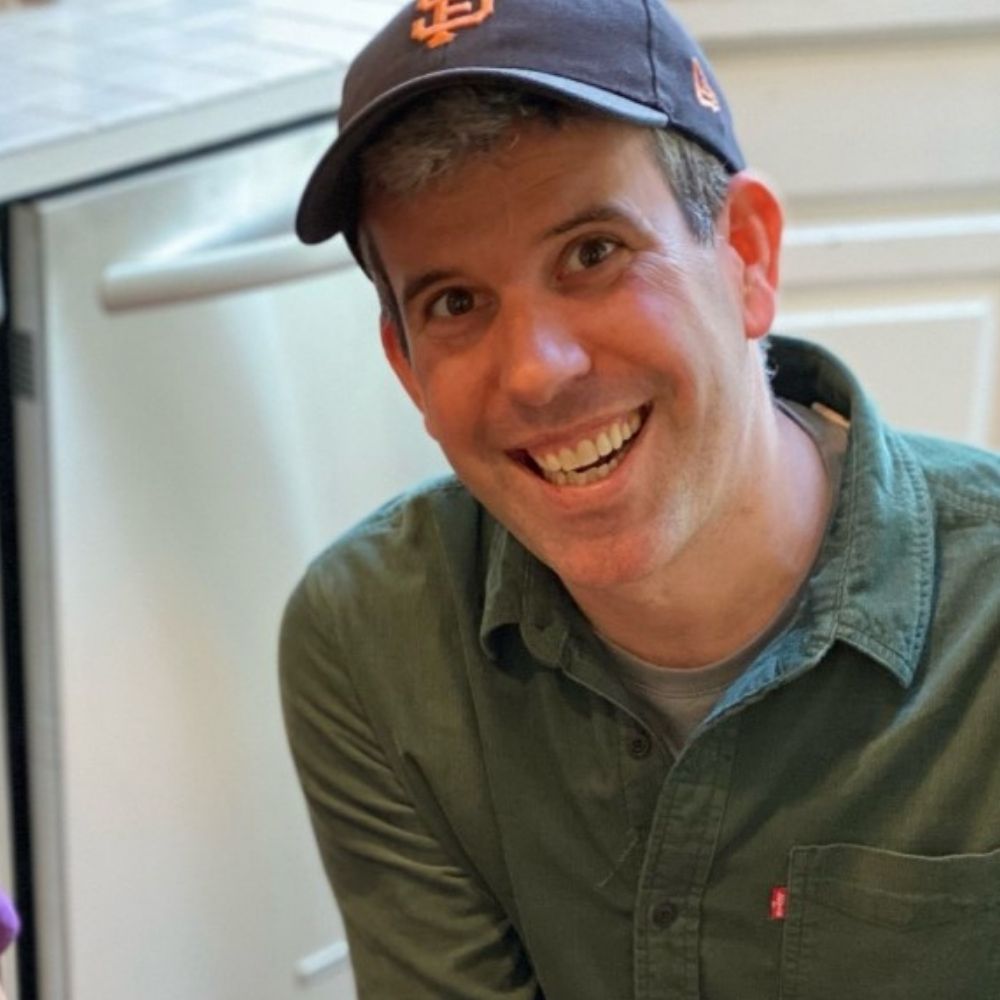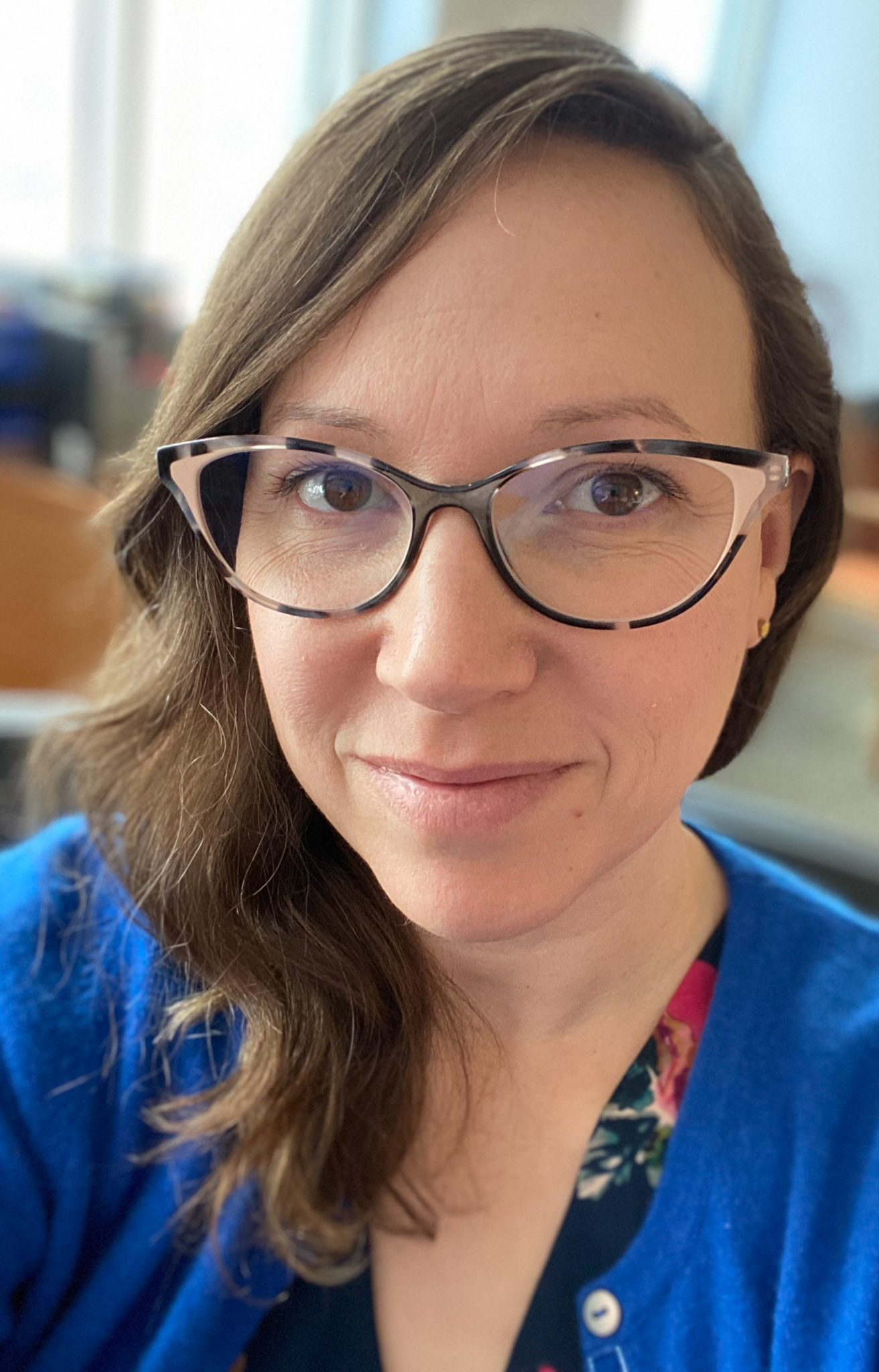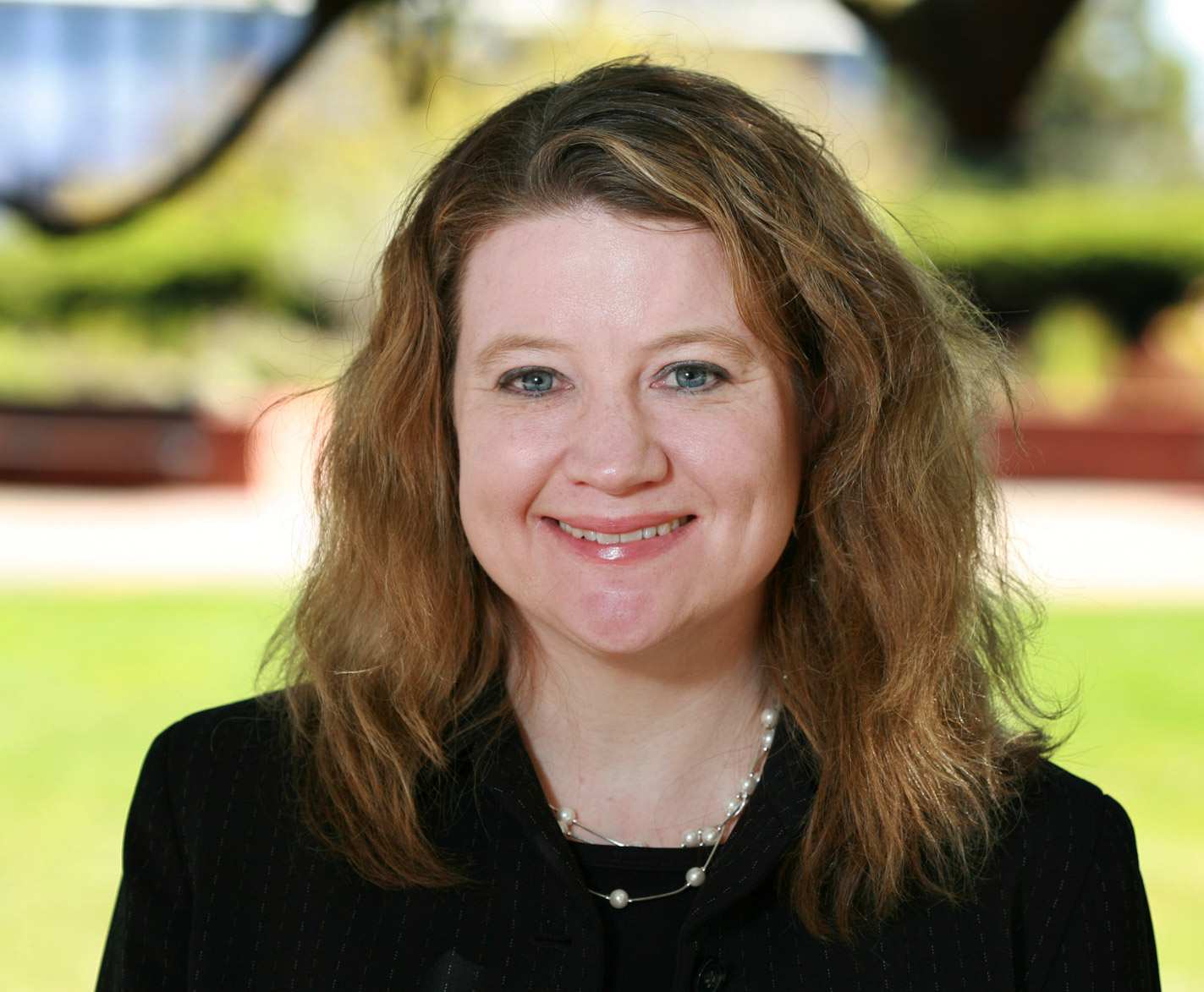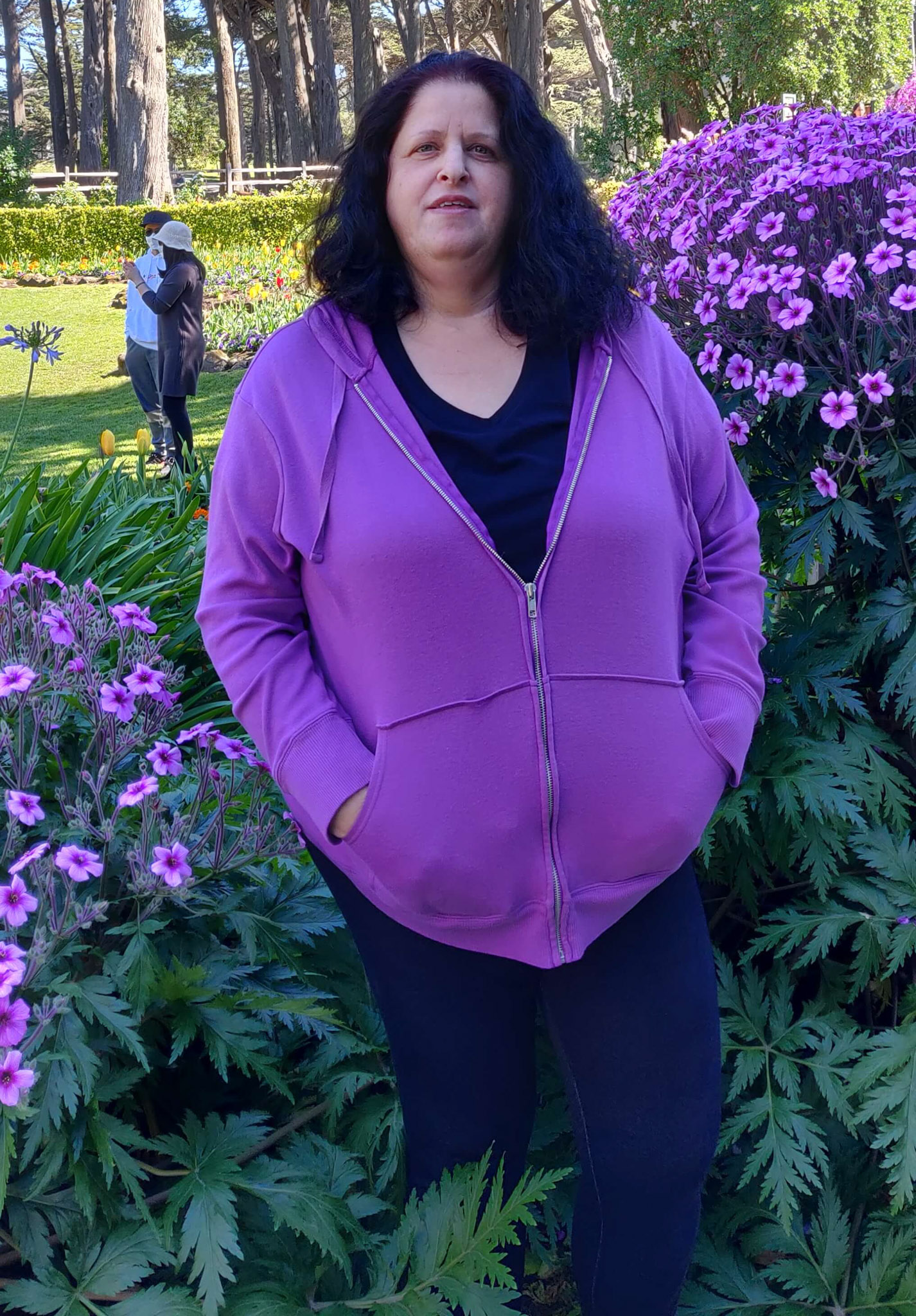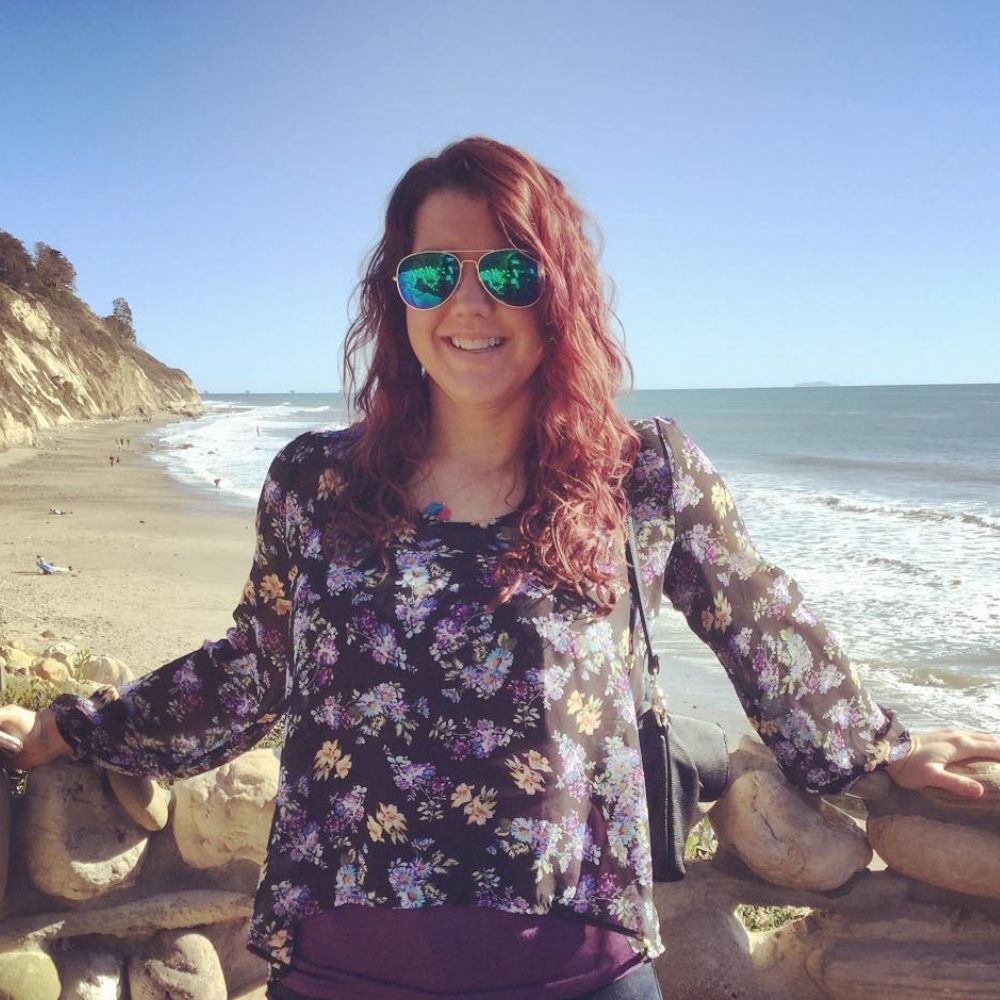Become a Facilitator
Serve youth in foster care as a volunteer facilitator.
Use your leadership experience and social-emotional skills to help make mentoring a successful, fulfilling experience for everyone involved.
As a facilitator, you are a crucial member of a Braid team. Being your team’s primary support allows you to be a trusted guide when issues arise and help everyone remain tightly connected.
Schedule Your 30-Minute Facilitator Info Session
Select a time for a no-pressure, no-commitment info session with one of our team members.
Set your Braid team up for success.
Facilitators bridge the gap between the foster system and our Braid mentors. As a facilitator, you’re able to cultivate unity on your team and discern when they need extra support. Because of your own leadership experience or time spent in a helping profession, you can guide mentors to reflect on their experience, better understand the obstacles their mentee might be facing, and resolve conflict. Thanks to your steady presence, your team can confidently mentor knowing you have their back.
You also serve as a connection with a mentee’s guardian and other care providers, so Braid can be part of a larger system of support. By nurturing these relationships you contribute to lasting positive change in the lives of mentees.
You would make an amazing facilitator if…
You're a Non-anxious Presence
You are steady and even-keeled when navigating conflict and difficult conversations.
You’re Compassionate
You are an empathetic listener and leader who has reflected on your own life experiences.
You’re Available
You can be emotionally present and able to adjust your expectations in service of your team.
You’re a Strong Communicator
You can juggle teammates’ schedules, address obstacles, encourage your team, and feel comfortable initiating hard conversations.
How do facilitators differ from mentors?
Facilitator
Can serve locally or from afar
Available to field questions during the week
Supports mentors behind the scenes
- Steps in to navigate concerns with mentors, mentees, social workers, or family members
Mentor
Must live in the Bay Area
Available one hour per week
Directly mentors youth in foster care
- Not responsible for navigating conflict or addressing difficult topics with their mentee on their own
Frequently Asked Questions
Each mentor team has a facilitator who may help with the logistics of your weekly meetings and will be the primary contact with the youth’s caregivers. This frees you as a mentor to keep your primary relationship with the youth, without involvement in the dynamics of their home life. Your facilitator will also draw your team together for regular check-in meetings.
Facilitators may spend approximately an hour a week communicating with a youth’s caregiver and with their team to check in and set up the team’s weekly visits. They also gather their team for a monthly meeting that lasts about an hour. We host a weekly conference call (30-60 minutes) for facilitators to share best practices and talk through any challenges their teams are facing. Some facilitators may also be invited to attend wraparound meetings for their team’s youth.
No! Most of the work of a team facilitator (weekly check-ins with the mentor team and caregivers, and monthly team meetings) can happen from anywhere via Zoom, email, and phone.
Please fill out the online interest form and include a note letting us know that you’re interested in the facilitator role.
We want our mentoring teams to be as intergenerational and diverse as possible, with a mix of genders and ages. For this reason, we need you to be flexible in allowing us to create teams that will best serve our youth.
After you become a Braid mentor, the first thing you’ll do is meet your teammates. You’ll spend some time getting to know each other, sharing your gifts and strengths and building rapport.
Each team will be assigned a trained facilitator. Your facilitator may help with the logistics of your weekly meetings and will the primary contact with the youth’s caregivers. This frees you as a mentor to keep your primary relationship with the youth, without involvement in the dynamics of their home life.
At your regular team check-in meetings, your facilitator will help you reflect on the joys and challenges of working with your youth. You have the freedom to figure out when you want to meet for those regular team debriefs.
Your team can plan your own outings and activities with your youth. Because your youth is under the care and regulations of the State of California’s foster system, at least two team members must be present at all times to avoid being one-on-one with the youth.
Our hope is that you will build friendships, have fun, and find a community of support within your team. You are never alone in the work of mentoring!
By being on a team, you’re ensuring that there is a consistent adult presence surrounding youth who have watched many adults disappear from their lives.
And as a team, you have the freedom and flexibility to figure out how you can best work together toward the same goal: supporting your youth. You are not alone! Your team has your back when things come up unexpectedly and you can’t make it to an activity with your youth. Your team is also your support system as you venture together into the transformative work of mentoring.



